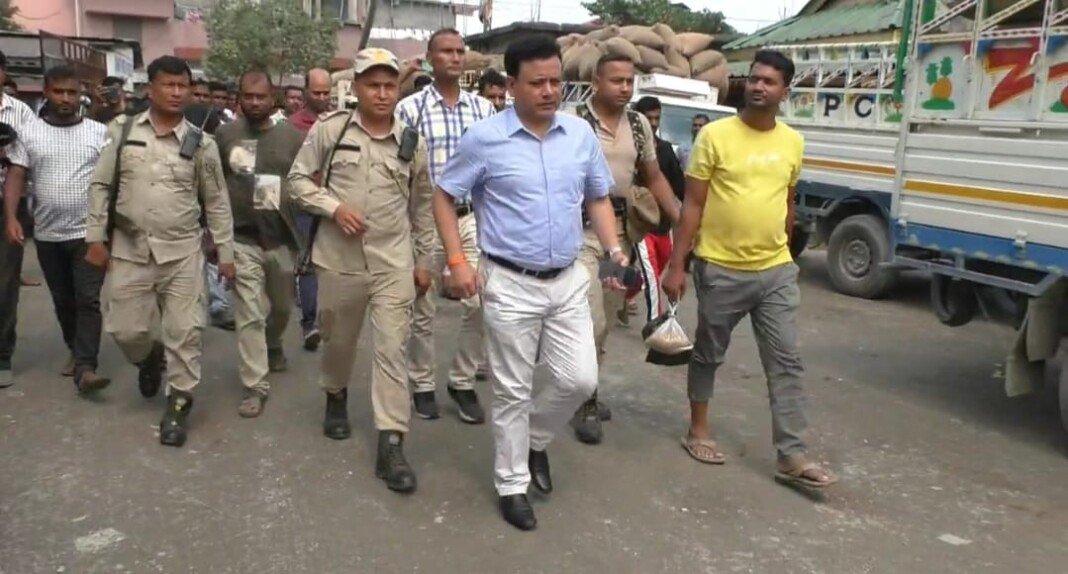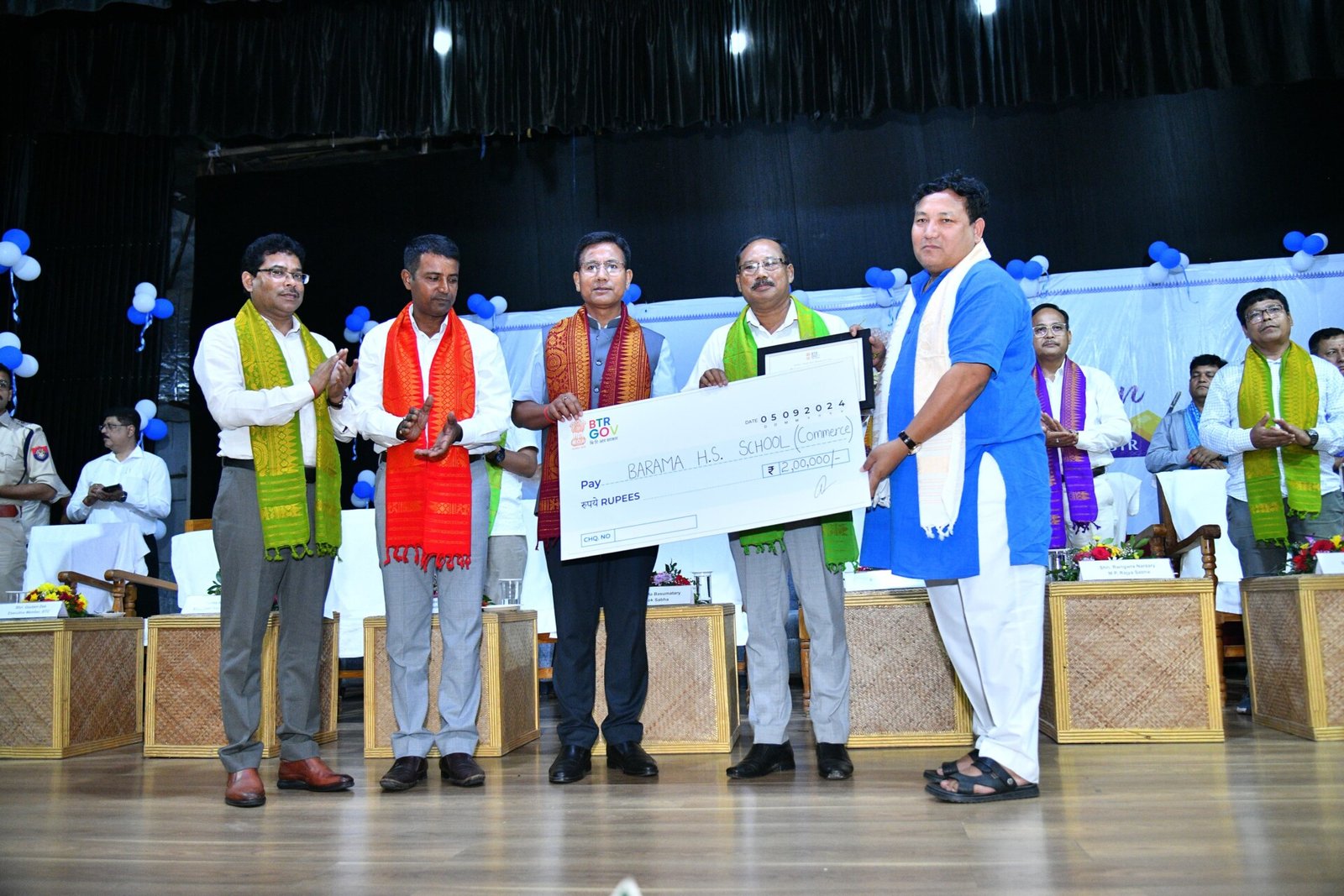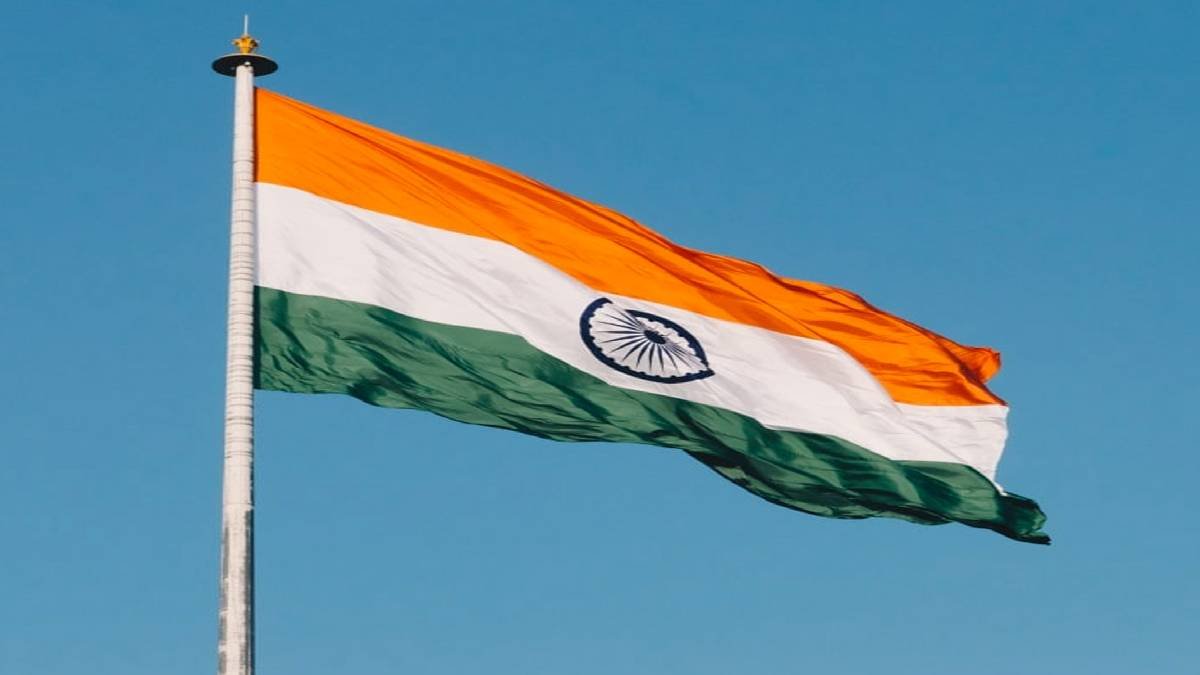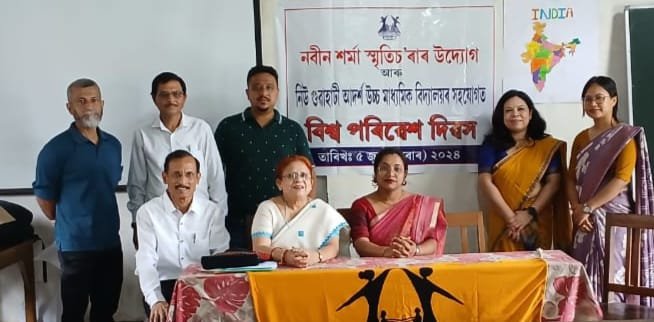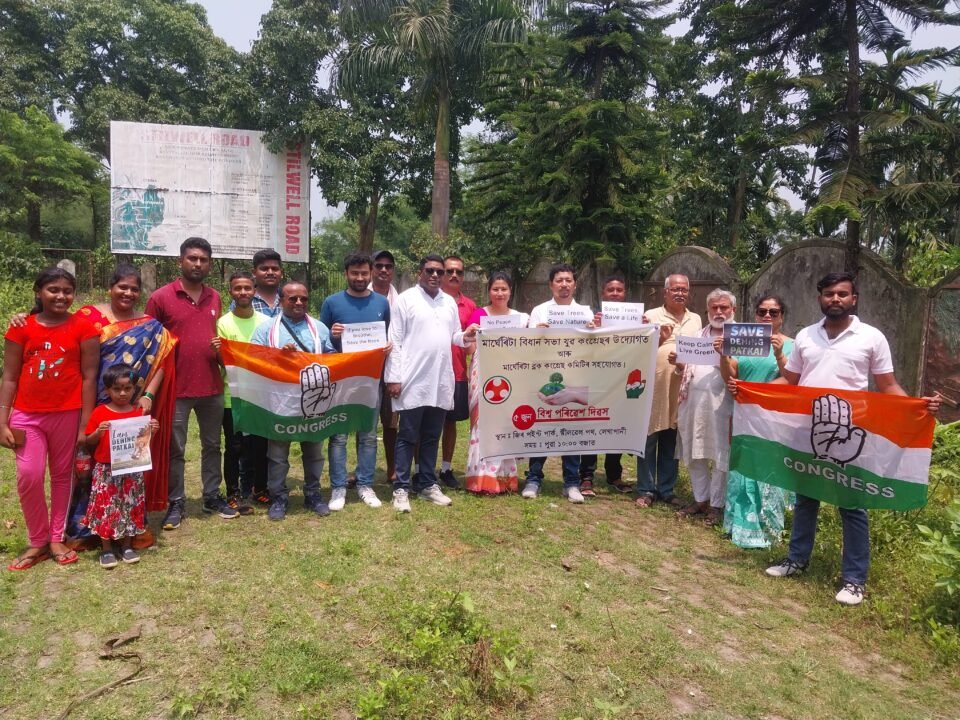HT Correspondent
MANGALDAI, June 11: On Tuesday, district commissioner Munindra Nath Ngate visited Kharupetia to learn in detail about the sale of paddy from paddy-producing farmers and traders. On this occasion, the farmers also complained about the illegal activities being carried out from time to time by some officers of the Food and Public Supply Department. The farmers informed the district commissioner that currently, government agencies are not buying Boro paddy, and in the future, the paddy that will be purchased by the agencies will need to be of high quality. They expressed concern about who will buy the paddy if the agencies do not purchase it. The farmers and traders requested the district commissioner to facilitate the sale of paddy in the open market at a reasonable price without any departmental oppression.
The district commissioner, along with the additional commissioner, departmental officials, agriculture department officials, and the in-charge of the paddy purchasing center, inspected every point in the paddy market. While speaking to the media, the district commissioner stated that a report will be sent to the chief secretary of the state, and action will be taken based on the instructions received from the chief secretary. Although the district commissioner did not explicitly criticise the Food and Public Distribution Department, he indirectly expressed his displeasure with their operations and showed silent approval in favour of the farmers.
It is noteworthy that, with the aim of doubling the income of farmers, the BJP government set the minimum price for many agricultural commodities, including paddy. In this effort, the minimum support price of paddy was set at Rs 2183, and various government agencies were engaged in purchasing paddy. These agencies are also ensuring timely purchase and transferring money to the farmers’ bank accounts within 48 hours. However, some officers of the Food and Public Supply Department, in collusion with certain broker traders, have been spreading rumors against the agencies and purchasing paddy from farmers for three to four hundred rupees less than the minimum support price, then sending the paddy to other states.


